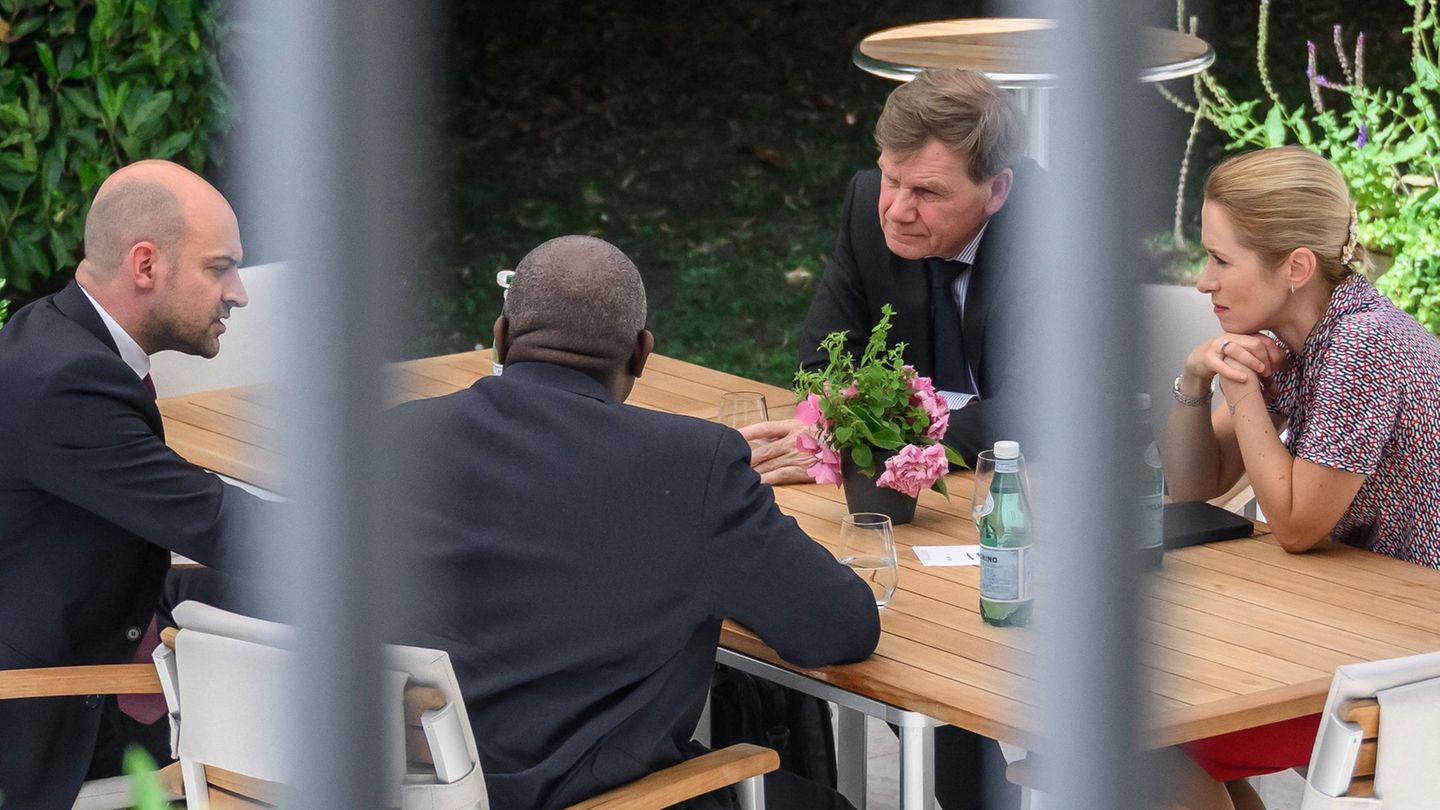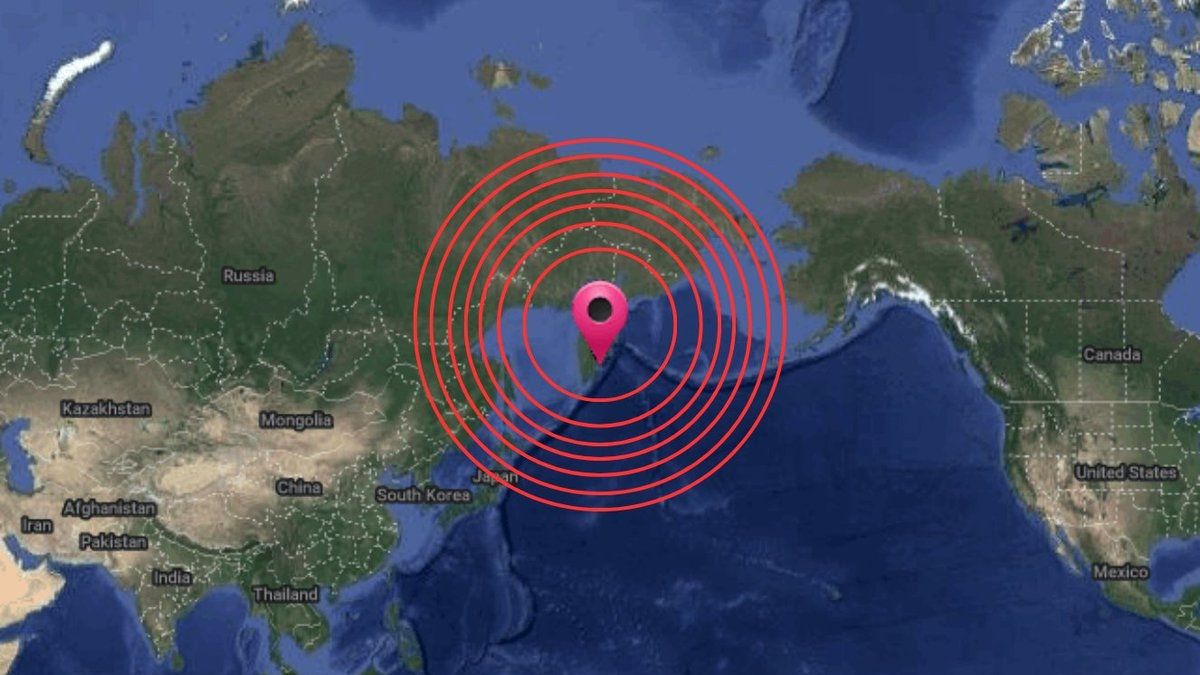Nuclear dispute
Nuclear dispute with Iran: Europeans pull the emergency brake
Copy the current link
Add to the memorial list
Is the agreement to prevent an Iranian atomic bomb before that? A step that Germany is now going with European partners indicates this. However, a way out remains.
The nuclear dispute escalated with Iran. Germany, France and Great Britain (E3) triggered the mechanism to reintroduce UN sanctions against Tehran. It is a kind of emergency brake in view of the behavior of the Islamic Republic to expand its atomic infrastructure, said German Foreign Minister Johann Wadephul.
The numerous injuries to the provisions of the Vienna Nuclear Agreement of 2015, which was supposed to prevent Iran from building an atomic bomb, could no longer be accepted, said the German chief diplomat. But the door for negotiations remains open. “Diplomacy does not end here. It can and should go on.” Iran should have grown the hand of the Europeans for a long time because of the effects on its economy, said WadePhul.
Minister: Iran armed atomically would be dangerous
With the step, Iran threatens to reactivate punitive measures that had been lifted in the past decade. France and Great Britain have also applied for a meeting of the UN Security Council on the Iranian nuclear program. The meeting is scheduled to take place on Friday.
The core of the nuclear dispute with Iran is the concern of the international community before building an Iranian atomic bomb. “An atomic armed Iran would be dangerous and would continue to destabilize an already fragile region,” said WadePhul. Tehran regularly rejects the suspicion of working on an atomic bomb.
Uncertainty about Iranian reaction
Iran reacted to the triggering of the mechanism to reintroduce UN sanctions with sharp criticism. The step is “baseless and illegal,” said Iran’s Foreign Minister Abbas Araghtschi. He called the E3 for a correction.
It is important to pursue a responsible and realistic approach, Tehran’s chief diplomat said in a phone call with his European counterparts and the EU foreign officer Kaja Kallas, as the IRNA news agency reported. Otherwise, the Islamic Republic will respond appropriately to this “unjustified action”, according to Araghtschi.
Tehran’s countermeasures include the employment of cooperation with the International Atomic Energy Organization (IAEA) and the resignation from the Nuclear Weapon Control Treaty.
Europeans with patience in the end
The step shows that the three European countries – also with a view to a process period in mid -October – are at the end with their patience. Iran continued its violations of the nuclear agreement from 2015 to the end and produced almost weapon -capable uranium, complained diplomats several times. Tehran had taken the unilateral exit from the United States from the Agreement in 2018 as an opportunity to no longer adhere to the agreements.
Specifically, the so-called Snapback mechanism stipulates that the UN Security Council has to decide on the continuation of the previous sanction cancellation within 30 days. Such a resolution is in the room on the part of Russia, which cooperates with Iran militarily and economically closely.
If no resolution is presented or if it is rejected, the earlier UN sanctions from 2006 to 2010 will take place again – without further coordination in the Security Council. A rejection of the resolution could be done without any problems by Great Britain and France, since they have a veto law as a constant members in the Security Council.
If the sanctions that have so far been on ice are reactivated, the consequences are still difficult to estimate. It can be assumed that the Islamic Republic in turn reacts confrontatively. This could mean that the inspectors of the International Atomic Energy Agency (IAEA) are expelled from the country. Further possible escalation steps would be an exit from the international contract for the non-distribution of nuclear weapons or even the announcement to build an atomic bomb.
Iran is already heavily struck
The sanctions are likely to continue to affect Iran. The state of around 90 million inhabitants is already economically severely struggled with the US sanctions. With the reactivated UN measures that aim at the economy and the military goods, Tehran further under pressure. Especially since the procedure is a signal to companies worldwide that working with Iran can become extremely delicate. In this respect, even more companies are likely to think about doing business with Iran.
Iran is already proven with hard sanctions, which are primarily aimed at the energy sector of the oil and gas-rich country. In addition, the country is largely excluded from international payments.
Attacks on nuclear systems as a signal of determination
In addition, Israel and the United States recently showed military strokes how determined they are to prevent Iran from building an atomic bomb.
Israel had waged war against Iran for twelve days in June and, together with the USA, had bombed the Fordo, Natans and Nuclear facilities in Isfahan. In addition to military goals, Israel also killed at least ten atomic researchers to sabotage the nuclear program.
According to a report by the IAEA, Iran had more than 400 kilograms of uranium with a purity degree of 60 percent before the State of Israeli war against the country. A degree of purity of over 90 percent is required for the construction of nuclear weapons. IAEA boss Rafael Grossi has repeatedly pointed out that Iran is the only state without nuclear weapons that produces such an almost armable material.
USA even require uranium enrichment.
Before the war, the United States, who expressly welcomed the steps of the Europeans, had negotiated with Tehran about the Iranian nuclear program for almost two months – without a breakthrough. A sixth round of talks no longer came about after Israel started the war two days before the appointment. The negotiations had stalled on a central argument: the United States demanded that Iran have ceased its uranium enrichment-a claim that Tehran strictly rejected.
dpa
Source: Stern
I have been working in the news industry for over 6 years, first as a reporter and now as an editor. I have covered politics extensively, and my work has appeared in major newspapers and online news outlets around the world. In addition to my writing, I also contribute regularly to 24 Hours World.




